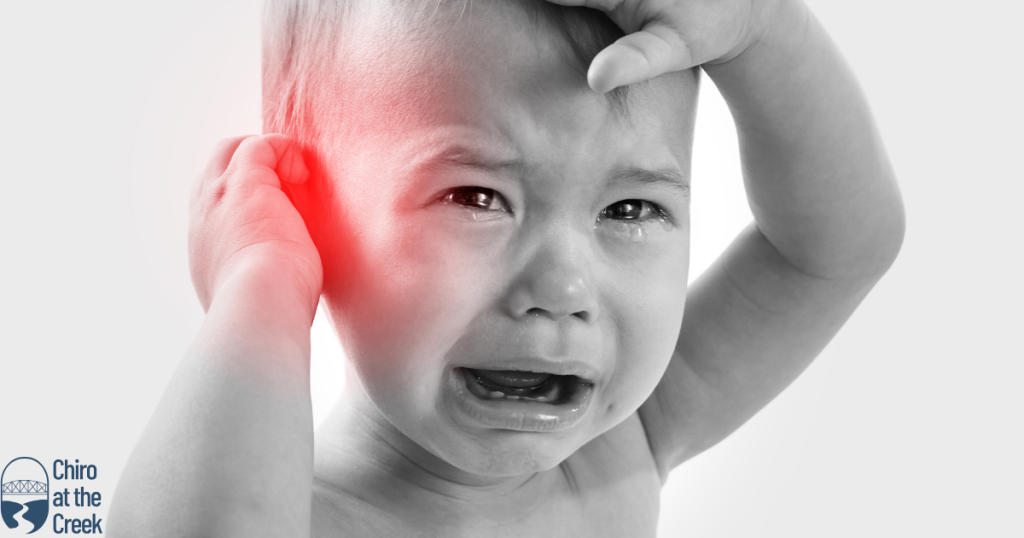Understanding the Mind-Body Connection
The mind-body connection refers to the intricate relationship between our mental and physical health. It is the idea that our thoughts, feelings, and emotions can impact our physical well-being, and vice versa. This connection has been recognized for centuries in various healing practices, including traditional Chinese medicine and Ayurveda. In recent years, modern science has also started to acknowledge the importance of this connection in promoting overall health and wellness.
Research has shown that stress, anxiety, and depression can have a significant impact on our physical health, leading to conditions such as high blood pressure, chronic pain, and digestive issues. Conversely, chronic pain and physical ailments can also contribute to mental health issues, such as depression and anxiety. Understanding and addressing this mind-body connection is crucial for achieving optimal health and well-being.
The Role of Chiropractic Care in Mental Health
Chiropractic care focuses on the relationship between the spine and the nervous system, which plays a crucial role in regulating our body’s functions, including our mental health. Misalignments in the spine, known as subluxations, can interfere with the proper functioning of the nervous system, leading to a variety of health issues, including mental health disorders. By correcting these subluxations through chiropractic adjustments, chiropractors can help restore proper nerve function and promote overall well-being.
Chiropractic care can also help reduce stress and tension in the body, which can have a positive impact on mental health. When the spine is properly aligned, the body is better able to cope with stress and maintain a sense of balance and harmony. Many patients report feeling more relaxed, focused, and emotionally stable after receiving chiropractic care.
Benefits of Chiropractic Adjustments on Mental Well-being
Numerous studies have shown the benefits of chiropractic adjustments on mental well-being. A study published in the Journal of Manipulative and Physiological Therapeutics found that chiropractic care can help reduce symptoms of anxiety and depression in patients. Another study published in the Journal of Alternative and Complementary Medicine found that chiropractic adjustments can improve mood and decrease levels of cortisol, a stress hormone, in the body.
In addition to reducing stress and improving mood, chiropractic care can also help improve sleep quality, which is essential for mental health. Proper alignment of the spine can help alleviate pain and discomfort that may be keeping patients awake at night, leading to better rest and improved mental clarity during the day. Overall, chiropractic adjustments can have a profound impact on mental well-being by promoting relaxation, reducing stress, and improving overall quality of life.
Integrating Chiropractic into Mental Health Treatment Plans
As the understanding of the mind-body connection continues to grow, more mental health professionals are recognizing the benefits of integrating chiropractic care into their treatment plans. Chiropractic adjustments can complement traditional therapies, such as counseling and medication, by addressing the physical aspects of mental health disorders. By promoting proper nerve function and reducing stress in the body, chiropractic care can help patients achieve a more balanced and holistic approach to mental health treatment.
Many mental health professionals now refer their patients to chiropractors as part of a comprehensive treatment plan. By working together, chiropractors and mental health professionals can provide patients with a more well-rounded approach to healing, addressing both the physical and emotional aspects of their health. This integrative approach can lead to better outcomes for patients and a more holistic approach to mental health care.
In conclusion, the mind-body connection plays a crucial role in promoting overall health and well-being. Chiropractic care can have a significant impact on mental health by addressing the physical aspects of mental health disorders and promoting relaxation and stress reduction. By integrating chiropractic care into mental health treatment plans, patients can achieve a more holistic approach to healing and improve their overall quality of life. As the understanding of the mind-body connection continues to evolve, chiropractic care is becoming an increasingly important tool in promoting mental well-being.













